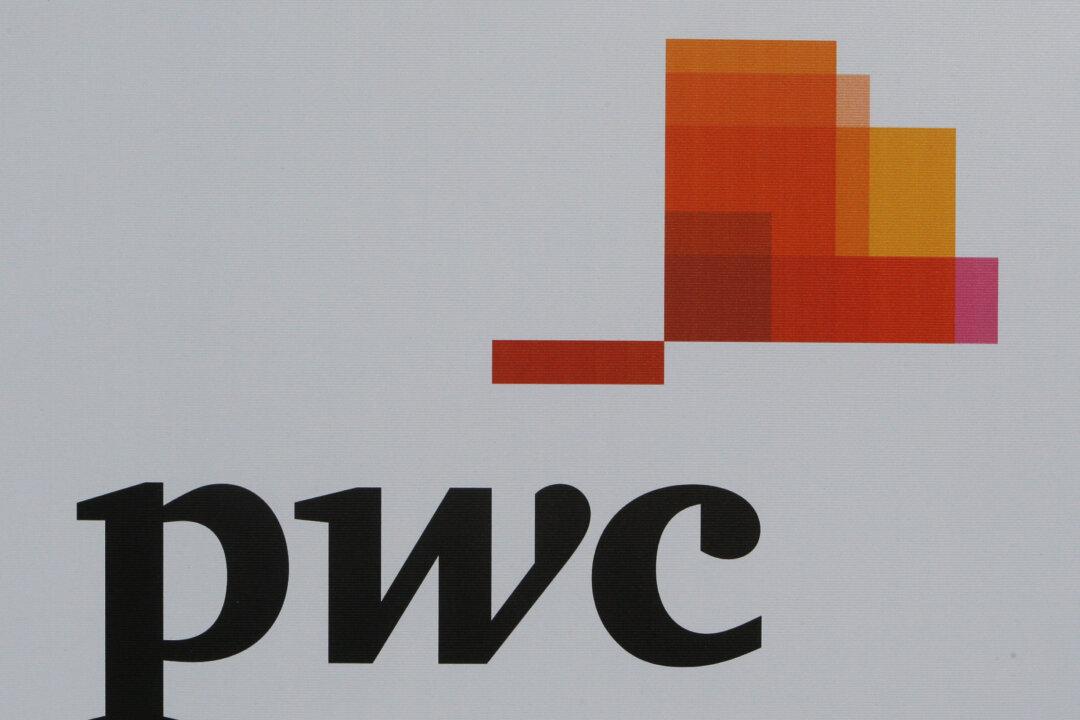The Public Company Accounting Oversight Board (PCAOB), accounting watchdog in the United States, has received full access to inspect and investigate companies operating in China for the first-ever time. The PCAOB is also tasked with overseeing registered public accounting firms worldwide.
The PCAOB had the sole discretion to select which firms to audit, the potential violations it looked into, and also audit engagements without having any input or influence from Chinese authorities. Staff at the accounting watchdog selected two companies for inspection: PricewaterhouseCoopers in Hong Kong and KPMG Huazhen LLP in mainland China. The firms were selected using the same methodology that is usually applied in PCAOB inspections.





